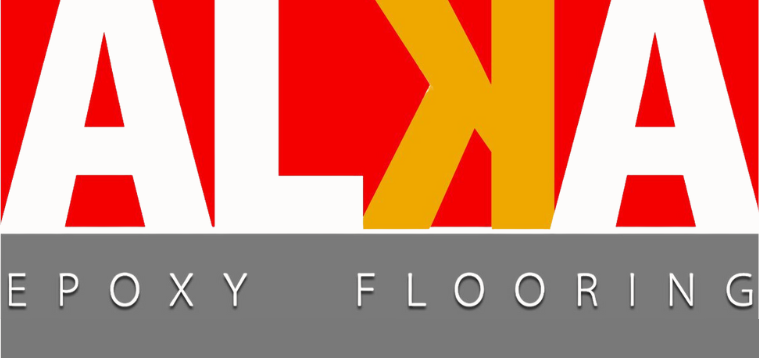
If you are in the market for a new floor, you may want to consider epoxy flooring. It is a very durable material that can be used on many different surfaces, including concrete. However, there are a few things you should know about it before you make the decision to install it.
Application process
If you’re looking to install epoxy flooring on your concrete floor, you’ll want to be sure to follow the proper application process. This is because the finished product can be aesthetically appealing as well as withstand corrosion and wear and tear.
The first step in the process is to prepare the surface. This will involve removing stains, dirt and grease. You’ll also want to clean off any oil and wax. Then you’ll need to apply a primer. This will create a bond between the epoxy and the concrete and prevent bubbles from developing.
After cleaning the surface, you’ll need to let it dry for several days. You can use a high-powered detergent in warm water to remove any remaining oil and grease. If the area is especially oily, you may want to consider using an epoxy with a higher solvent resistance.
Durability
If you’re looking to decorate or upgrade your concrete floor, epoxy flooring is a great choice. Its ability to withstand heavy traffic and environmental factors makes it a durable choice. But it also comes with a few downsides.
For starters, it requires a lot of prep work before it can be installed. The concrete underneath should be completely cleaned, the surface should be smoothed, and the epoxy should be applied to the concrete in the right way.
After the initial coat is applied, it takes a few days to cure. This curing process helps produce stronger results. Some epoxy flooring setups will require a week or more for full drying.
Epoxy coatings are very durable and can last up to 30 years in some residential situations. Commercial applications can last even longer.
Cost
When looking for information on the cost of epoxy flooring on concrete, it’s important to keep in mind that you’ll be paying for installation and prep work. These costs will vary depending on the amount of labor needed, as well as the size of the area being resurfaced.
The process of resurfacing a concrete floor includes a combination of cleaning, degreasing, and repair. This work can range from a few hours to a full day. The more time it takes to complete the job, the more labor will be required, thereby increasing the price of the product.
A bare epoxy floor may be less expensive than a floor coated with a colored epoxy. You can also choose from a variety of textures and metallic finishes to complement your home.
Drawbacks
There are several advantages to installing epoxy flooring on concrete, however there are also a few drawbacks to consider as well. The pros and cons of epoxy flooring on concrete should be carefully weighed so you can make a decision that is best for your needs.
The biggest benefit of epoxy flooring on concrete is its durability. This is due to the fact that epoxy binds with the surface of the floor, creating a smooth, non-porous coating. While this makes the floor extremely water and heat resistant, it is not a great solution for areas that receive a lot of water or where a lot of foot traffic occurs.
Another benefit of epoxy flooring on concrete is the ability to choose from a wide range of colors. This makes the flooring look sleek and beautiful. You can even choose to add patterns or shapes to your floor.
Aesthetics
If you’re looking for a new type of flooring that has aesthetics, consider epoxy. It’s easy to install, durable and comes in a wide variety of designs and colors.
Epoxy floors are also a great choice for a number of industrial environments, because they can stand up to heavy traffic. They also protect against impact and scratches. They are resistant to mildew and other microorganisms.
They come in a variety of colors, which makes it easier for homeowners and designers to choose the right color. They are resistant to UV rays, chemicals, and stains.
It’s also very easy to clean. The coating forms a seal on the surface of the floor, making it a protective barrier against moisture, stains, and other contaminants. Its ability to stand up to wear and tear also makes it ideal for heavy machinery.
